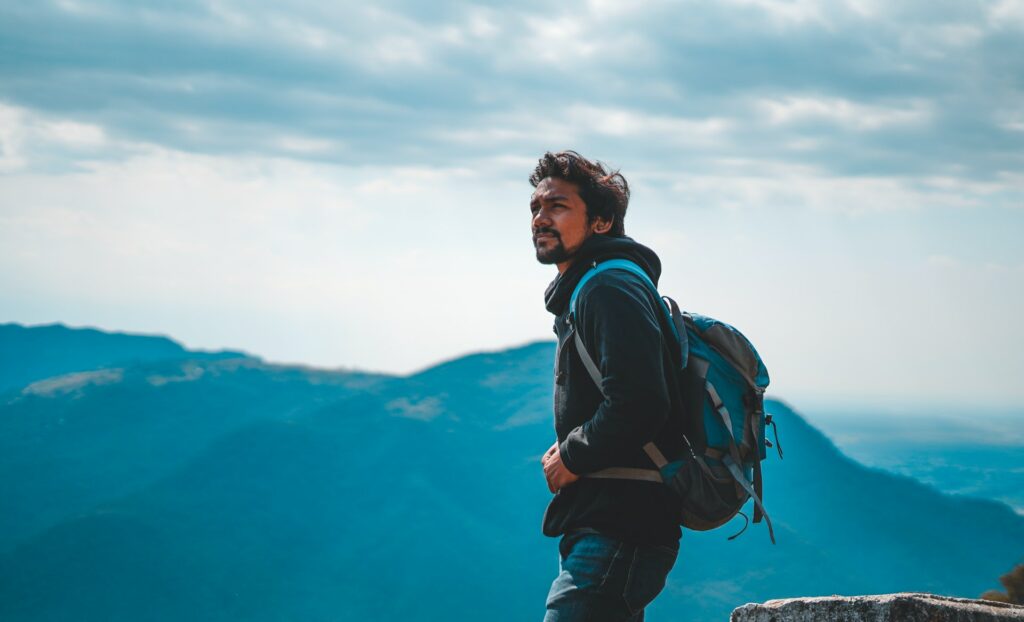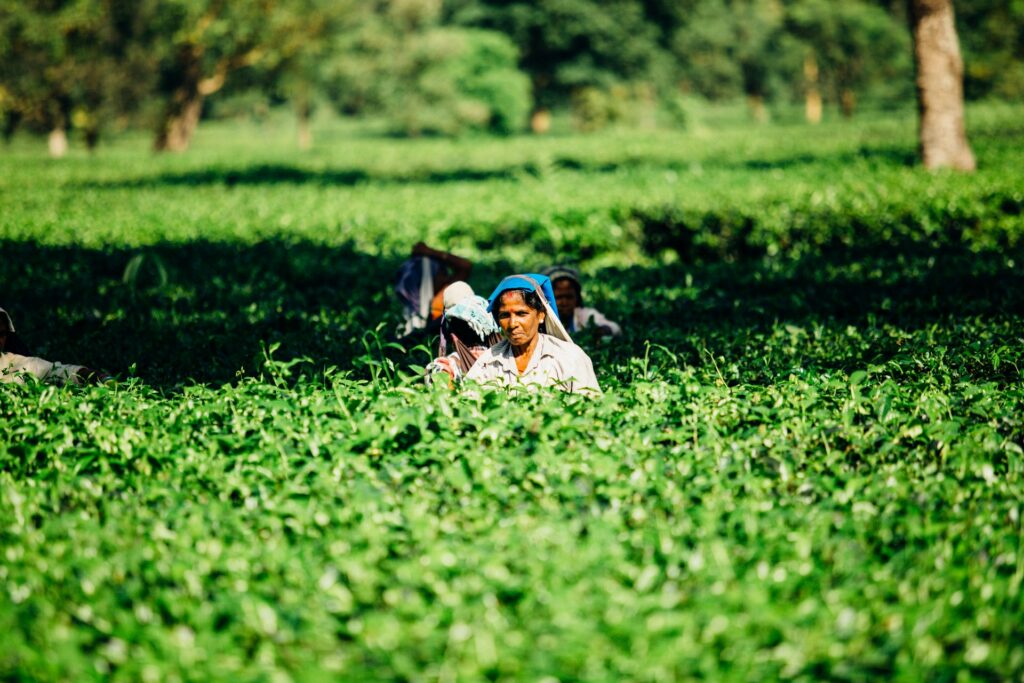Reimagining Tourism: From Why to Why Not

By Ajay Prakash, President at TAFI – Travel Agents Federation of India
Two years ago the world changed—and changed beyond recognition. Everything that we took for granted—work, fun, freedom to travel, meet friends and family, celebrate or even to plan for a foreseeable future—was overturned. We were locked up in our own little prisons with no idea how long we would be confined.
The effect on travel and tourism was catastrophic: borders were sealed, aircraft were grounded, visas were suspended and businesses collapsed. It was a rude, hard stop.
Today, as we look to rebuild, we have an opportunity to build back better, to reimagine the role that tourism can play, to reinvent strategies and goals — in short, to look at how tourism could make the world more equitable.
During the pandemic, what kept the industry alive was hope: hope that business would revive because to travel is an innate human need — that’s what fuels our industry and that’s not about to change anytime soon.
What has changed, however, is the way we look at travel and how it will happen in the future, because the traveller has changed too. Today’s travellers are much more tech savvy. “To Zoom” is a new verb added to the language — they’re more aware, they’re more discerning and more wary, and the younger generation is much more conscious of the ecological footprint of any activity.
And why not? It’s their planet to inherit.
Reimagining the future of travel and tourism

The effects of climate change are all around us — glaciers melting, sea levels rising, unseasonal floods and uncontrollable fires, toxic air and contaminated water. Is this the world we wish to leave for our children?
Today as we look to rebuild, we also need to reimagine the future of travel and tourism — of future travellers, of host destinations and communities, of the Planet! Some of us will look back to see the mistakes we’ve made, and how we could have done things differently; but the real need is to build a new model going ahead — the one that makes the existing one obsolete.
As the Danish thinker and writer Kierkegaard said ”Life can be understood by looking back, but it’s got to be lived forwards.”
There is no doubt that as the world reopens, travel will boom. People have been locked down for two years and they’re yearning to get out and get away. Travel agents, tour operators, airlines and hotels need to be ready for this boom. Pent up demand is likely to explode but the industry needs to look beyond the immediate dollars and look for a model that’s sustainable in the long run. The pandemic gave us time to reflect and it would be a shame to just slip back into the old ways and make the same mistakes leading to a similar, or a comparable crisis a few years down the line.
Why do people travel?
Tourism is about discovery. It’s about engaging with humankind, or with nature. It’s about making connections beyond boundaries and borders and it’s about memorable experiences that you can look back on with a warm glow.
But these very experiences are about to change radically.
A visit to India will not be only about seeing the Taj Mahal or the Red Fort — it could well be about spending some time in a remote village living like a local with the locals. It could be with a purpose — to clean up the beaches of Goa. It could be about sharing — teaching slum children in a pavement school on the streets of Mumbai.
Or it could be a trip into space or — and that is becoming increasingly likely — it could be an all-encompassing immersive experience is a virtual reality. Technology will play a huge role going forward; we have to equip ourselves to be its masters, and not its slaves.
While health and safety will be prime considerations, the words “Unique,” Exclusive,” “Meaningful,” “Authentic” and “Responsible” are going to be heard increasingly whenever leisure travel is discussed.
Sustainable tourism

While mass tourism will survive, the greater growth is going to be in a Speciality Zone where people will seek more than mere distraction because tomorrow’s traveller is going to be an increasingly conscious traveller.
Every school kid is aware of climate change — it’s not anymore something that’s discussed in esoteric scientific conferences — it’s out there, in your face and it cannot be ignored. Every tourism business will have to factor in the environmental impact of its activities and will have to demonstrate a clear commitment to a cleaner business model if it is to find favour with the new traveller.
So let’s consider the three critical components of tourism and how they will change.
- The first is mobility or transportation — trains, planes, cars, buses
- The second is accommodation — hotels, guest houses, private homes
- And the third is the essence of the experience on offer by service providers like travel agents and tour operators
Transport (including freight) accounts for a little over 16% of greenhouse gases out of which civil aviation accounts for under 3%. It’s been disproportionately targeted because of its high visibility. (As an aside, the construction business accounts for almost 18% of emissions, but that’s not under similar fire.) Cleaner Bio fuels and non-polluting electric vehicles have seen a significant increased usage. Hydrogen propulsion is creating a buzz, though it’s still got a long way to go. But one thing is certain — transport will have to more efficient, more quick and less polluting, and it will see increasing automation.
Coming to accommodation — Many large hotel chains have committed to greater use of renewable energy sources and a drastic reduction in waste generation, especially single-use plastics. But the motto of Refuse, Reduce, Recycle needs to be amplified across the entire hospitality chain — from the most luxurious hotels to the most humble private home that takes in paying guests. This would need education and raising awareness with the properties as well as an unambiguous expression of preference by travellers. If the guests demand a more sustainable and responsible approach and environment, the hosts are left with little choice. Goal number 12 of the United Nations’ Sustainable Development Goals (SDGs) embodies this principle — “Responsible Consumption and Production.” This needs to be incorporated into the DNA of every hospitality provider. Trade associations can play a major role here in educating members and encouraging them to seriously go green.
And then we come to most important aspect — the quality of the tourism experience. Digitalisation has permeated into our lives at every level. It dominates totally in the pre travel research. A recent study established that travellers visit as many as 36 sites before finally making a booking. So every serious player will need to have a credible digital presence. They will also have to put in time and energy into curating special experiences — preferably away from the crowded big cities and more focused on lesser known destinations where communities genuinely welcome visitors.

But looking beyond its obvious economic benefits, there is a higher paradigm to which tourism can aspire. It’s the only industry that genuinely connects people across borders, boundaries and cultural or linguistic differences. What’s universally known is that tourism has a huge stake in the maintenance of peace. What’s lesser appreciated is that tourism can be a potent catalyst for the propagation of peace.
Conflict, very often, results from a fear of The Other. But if you travel with a gentle heart and an open mind, you soon discover that the differences that apparently divide us pale into insignificance before the similarities that we share universally. We all want good homes, a bright future for our children, a healthy environment free from disease, clean water, the support of our communities… the list could go on. The point is the human race shares the same ideals, hopes and aspirations and travel teaches us that diversity is no need for antagonism.
If every provider of tourism services could incorporate the concept of tourism as a force for good into their core business ethic, this industry could actually make the world a better place.






Responses